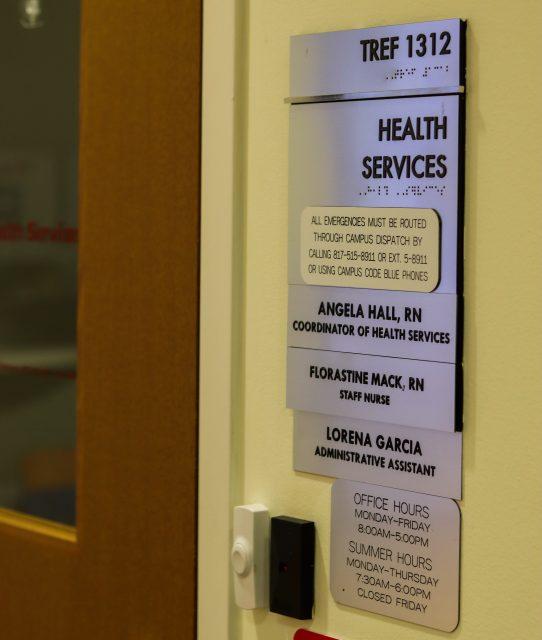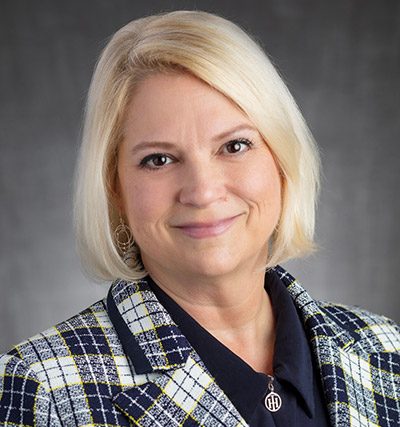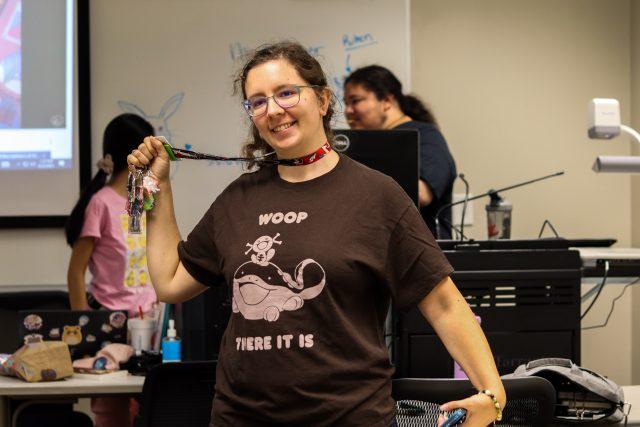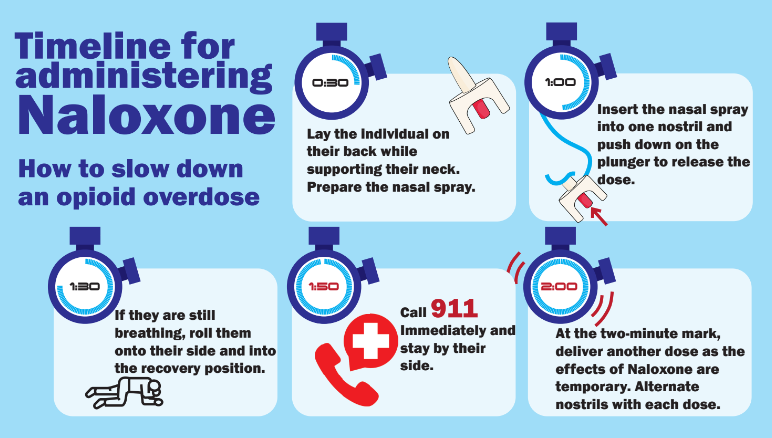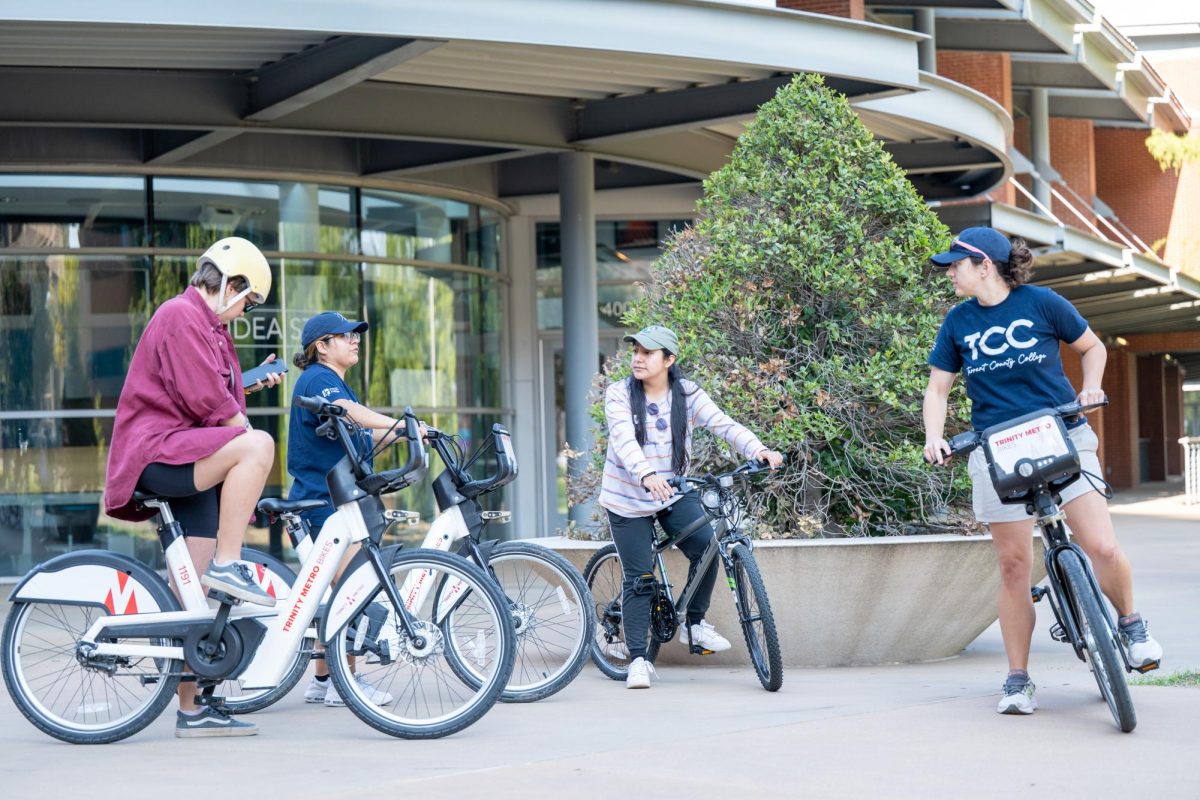OLLA MOKHTAR
campus editor
olla.mokhtar@my.tccd.edu
Imagine getting into an accident and breaking an arm or a leg? Do you have health insurance to help, or would you have to choose between a broken limb or a broken bank account?
Angela Hall, TR coordinator for health services said she’s seen students injured and refusing to seek healthcare because they don’t have insurance. So, TR health services partnered with Kalondia McCain, John Peter Smith hospital’s eligibility outreach project coordinator for Tarrant County in Medical Home 101, a presentation aimed to help students in their quest for health insurance.
“We don’t prescribe medications, we don’t diagnose, we don’t treat,” she said. “And so, we often have to refer students out to a community partner, and then they tell us they don’t have health insurance.”
Hall said that oftentimes young adults who are no longer covered under their parents’ insurance wonder what their next step for insurance can be if they’re not employed somewhere that offers it.
“It can become expensive quickly,” she said.
An outstanding billing that comes from a healthcare provider can be more affordable with financial assistance programs, she said.
“As taxpayers, we are paying for the hospital district system so it’s good that students become aware of what their resources are.”
After the presentation by McCain, JPS put out a table giving out resources to sign up for programs such as JPS Connection, which she explained as a financial assistance program through enrollment eligibility at Tarrant County hospitals. The JPS table included applications for the program as well as a flyer about making the most out of a doctor’s appointment.
“We assist Tarrant County residents with copays and deductibles. We know during this economic time it can be hard financially,” she said.
McCain said that the JPS program is a last resort. They want to ensure that everyone applies for any state or federally funded program that is available before enrolling in their program.
Though JPS doesn’t have a college student specific program, they have one for anyone who resides within Tarrant County and meets their program criteria. McCain also said that they have seen an increase in applications because people want to be more health conscious. She recommended yearly health check ups for anyone without insurance.
“It’s important to have some source of health coverage resources to assist,” she said. “Hopefully, through the financial assistance program with JPS Connection, we can be that resource.”
TR student Arely Felix said she has seen many people, including her own family members, refuse treatment because they can’t afford it.
“It makes me very scared to go to hospitals,” she said. “I have gone to them and most of the time I just get the bills, but I don’t have any money to pay them. Most of the money I get from school is from financial aid.”
Felix said that because many college students don’t even have a credit card to help them out, she understands why some are wary of care.
“It’s very money-driven,” she said. “I understand that if we do universal healthcare, it would increase taxes, but most of the time we don’t know where our taxes go.
She compared America’s healthcare to that of Canada’s and said that she doesn’t believe the U.S. will see much of a difference against Canada where they have universal healthcare.
According to the official website of the Government of Canada, their publicly funded healthcare system, Medicare has 13 provincial and territorial health care insurance plans. Under it, all Canadian residents have reasonable access to medically necessary hospital and physician services without paying out-of-pocket. The federal government is responsible for its funding under the Canada Health Act.
For the people responsible for America’s care, she had a message.
“Would you take the healthcare? If you needed it, would you take that program with a low-paying salary?”
TCC does not offer college-sponsored student health insurance. However, as a courtesy, it recommends Edsure for student healthcare insurance and CareNow Urgent Care as well as North Texas Area Community Health centers for local healthcare clinics as per the college’s website.
























